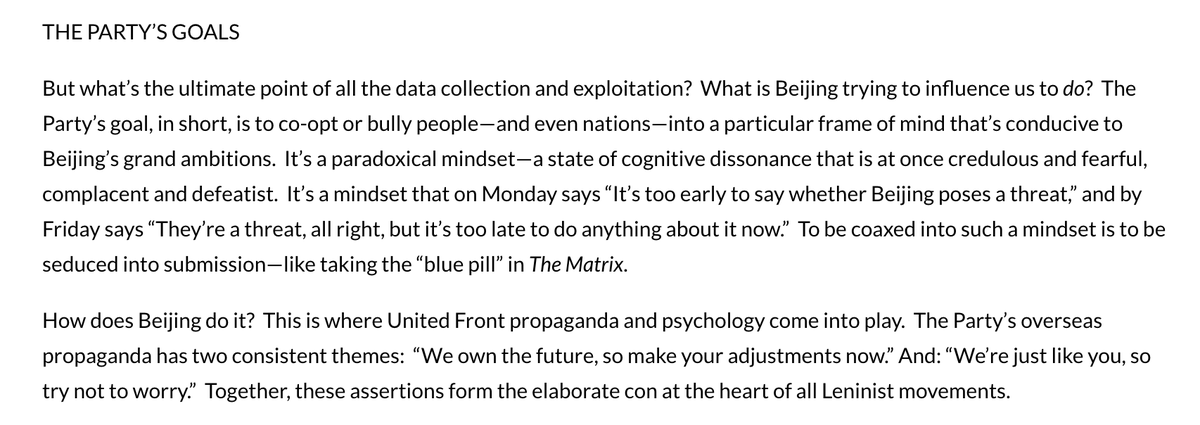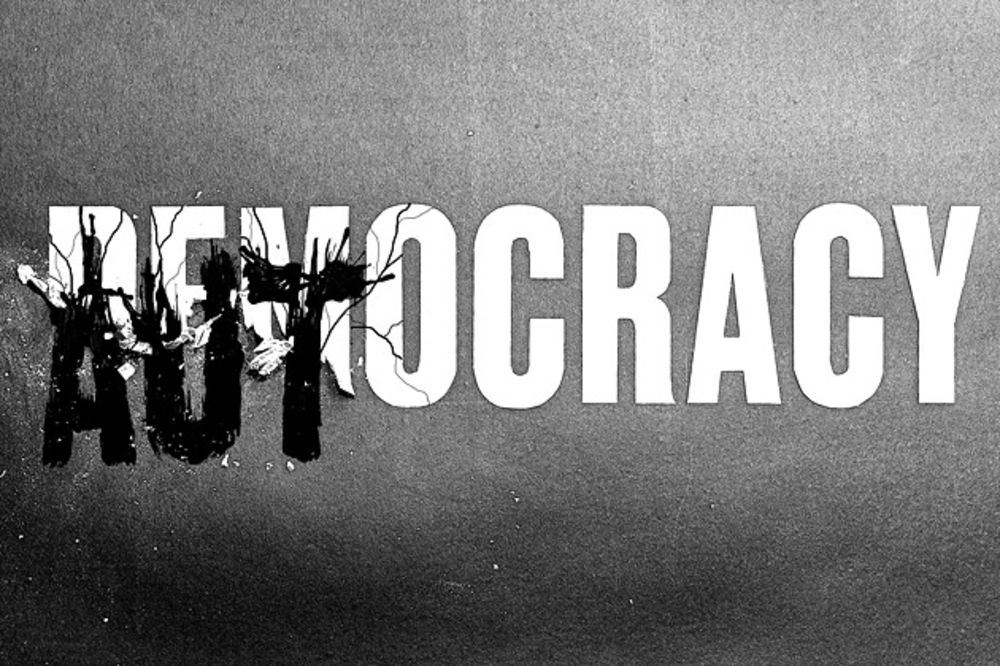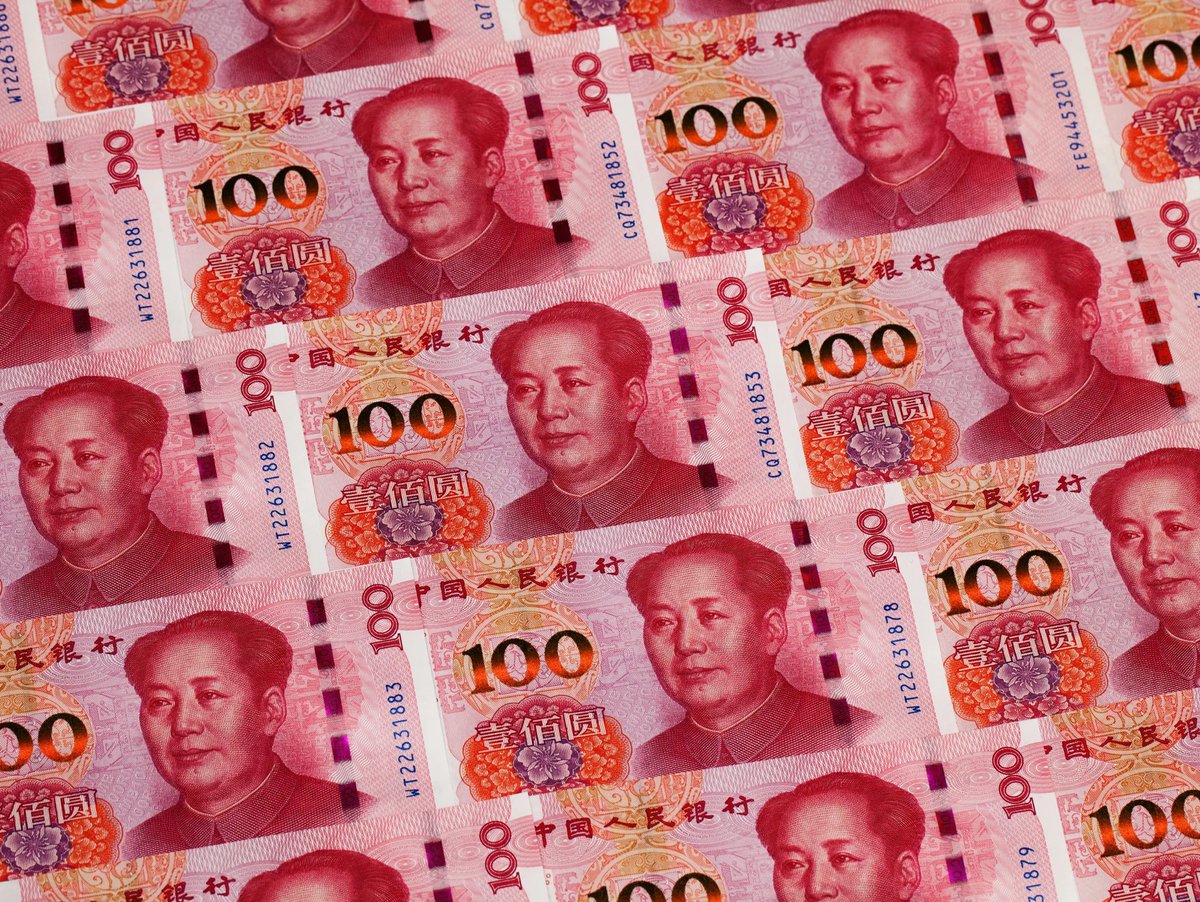
In today's @china_table Berthold Kuhn has published a very problematic response to my rebuttal of @ESandschneider op-ed. Instead of defending #academicfreedom against CCP censorship Kuhn criticises @merics_eu supposedly 'confrontational China attitude' /1 table.media/china/2021/04/…
Whereas in March 2021 European Research Institute Directors roundly denounced the CCP's sanctions against @merics_eu Berthold Kuhn suggests that 'young scientists and business experts in particular are more likely to refrain from working with Merics' /2 statement-china-sanctions.vercel.app
While I welcome robust public debates about the logic & limits of Magnitsky sanctions I am dismayed that Berthold Kuhn's discussion of the Chinese Communist Party's sanctions against @merics_eu isn't prefaced with an unequivocal defence of #AcademicFreedom and #FreedomOfSpeech /3 

In terms of the other contents of his highly problematic op-ed Berthold Kuhn basically doubles down on @ESandschneider's argument, which I criticised at length here /4
https://twitter.com/AMFChina/status/1379288667143954432?s=20
Let me briefly summarise Kuhn's other main points. He argues that Magnitsky sanctions won't lead to behavioural change; sympathy with violent protests in Hong Kong are counterproductive; in the global south China's policy of decolonisation is more popular than many think /5
Kuhn also argues that the EU & UK are fearful of their supposed geopolitical decline; that they are keen to follow the US lead; rejects the genocide determination in reference to Chinese population statistics and invitations to 30 diplomats from 21 countries to visit Xinjiang /6
He also argues that beyond Asia China would not pro-actively pursue an aggressive foreign policy; that China is keen to engage in multilateralism and will play an increasingly important role in UN fora etc. In light of such developments Kuhn argues against 'confrontation' /7
When reading Kuhn's article I had to think of former deputy national security advisor #MatthewPottinger's excellent speech "The Importance of Being Candid: On China’s Relationship with the Rest of the World" at the Policy Exchange on 23 October 2021 /8
policyexchange.org.uk/pxevents/on-ch…
policyexchange.org.uk/pxevents/on-ch…
In Matthew Pottinger's speech he makes an excellent point about the Chinese Communist Party's goals and a "particular frame of mind that’s conducive to Beijing’s grand ambitions". I invite you to read the relevant paragraphs from Pottinger's speech in full below /9 

Pottinger says "(it’s) a mindset that on Monday says 'It's too early to say whether Beijing poses a threat,' and by Friday says 'They’re a threat, all right, but it’s too late to do anything about it now.' This kind of mindset is on full display in Berthold Kuhn's article /10
A case in point are his comments on #DocumentNo9. While Kuhn admits the resurgence of ideology in China and highlights that this party directive makes dialogue more difficult he plays down its significance, which in his view should not form the basis of German foreign policy /11
Kuhn doesn't mention that #DocumentNo9 was the first of a series of illiberal party edicts & laws. Since 2013 we have seen the rise of a Chinese security state under General Secretary Xi Jinping. These developments make constructive Western China engagement almost impossible /12 

In reference to my call for a paradigm shift in Germany's China policy Kuhn instead calls for an approach which takes "China's influence in world politics adequately into account". Yet I would argue that in fact he is defending the status quo, which is increasingly untenable /13
The increasingly vigorous public debate about Germany's outdated China policy shows that much more needs to be done. The first step towards reform now has to be the establishment of a whole-of-government task force which deals with autocratic regimes /End
https://twitter.com/AMFChina/status/1380080500593848320?s=20
@threadreaderapp unroll
• • •
Missing some Tweet in this thread? You can try to
force a refresh







